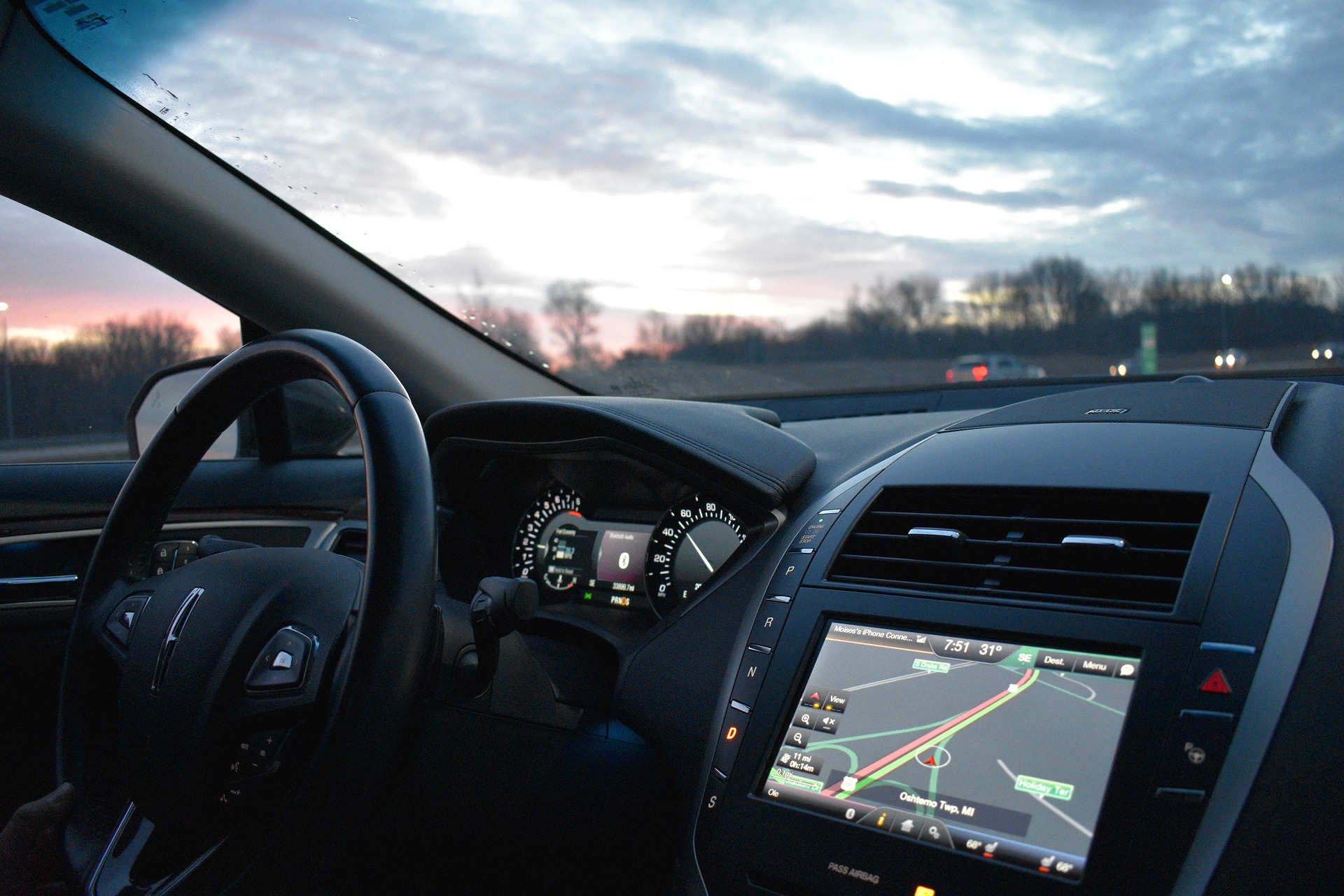Reimagining Car Safety: The Advent of Predictive Collision Technology
Imagine driving down a scenic highway, your mind wandering to the rhythm of your favorite song, when suddenly, your car alerts you of a potential collision ahead before you even see it. This is not a scene from a science fiction movie; it's a reality introduced by Predictive Collision Technology. This cutting-edge innovation is transforming the automotive industry and raising the bars of car safety.

A Look into the Past: The Evolution of Car Safety
The journey of automotive safety has been a long and complex one, marked by countless innovations. From the introduction of seat belts in the late 1950s to Anti-lock Braking Systems (ABS) in the 1970s and the more recent traction control systems, each step forward has significantly reduced road casualties. Now, as we stand at the dawn of a new era in automotive safety, Predictive Collision Technology is the latest development that promises to redefine our perception of safe driving.
The Novelty of Predictive Collision Technology
Predictive Collision Technology is a remarkable leap forward in car safety. This pioneering innovation uses advanced sensors, radars, and intricate algorithms to predict a potential collision before it happens. The system continuously scans the vehicle’s surroundings, calculating and recalculating potential risks based on distance, speed, and road conditions. Should a significant risk be detected, the system alerts the driver and, if necessary, takes preventive actions like automatic braking or steering adjustments.
Current Trends and Industry Insights
Predictive Collision Technology is being quickly adopted by leading automakers worldwide, eager to provide their customers with the highest level of safety. This technology is not only revolutionizing car safety but also shaping new industry trends, such as the integration of Artificial Intelligence (AI) to further enhance predictive accuracy.
The Impact and Future of Predictive Collision Technology
The impact of Predictive Collision Technology stretches far beyond the realm of personal safety. Foreseeing and preventing accidents not only save lives but also reduce traffic congestion and improve overall road efficiency. Nevertheless, like any other technology, it presents certain challenges, such as ensuring system reliability and addressing privacy concerns related to data collection. As we move forward, it’s crucial that these issues are addressed to fully harness the potential of this groundbreaking technology.
Predictive Collision Technology is just the start of a whole new chapter in automotive safety. As we continue to innovate and push boundaries, the day when zero road fatalities become a reality seems not too far away. After all, isn’t that the ultimate goal of every technological advancement in the automotive industry?




